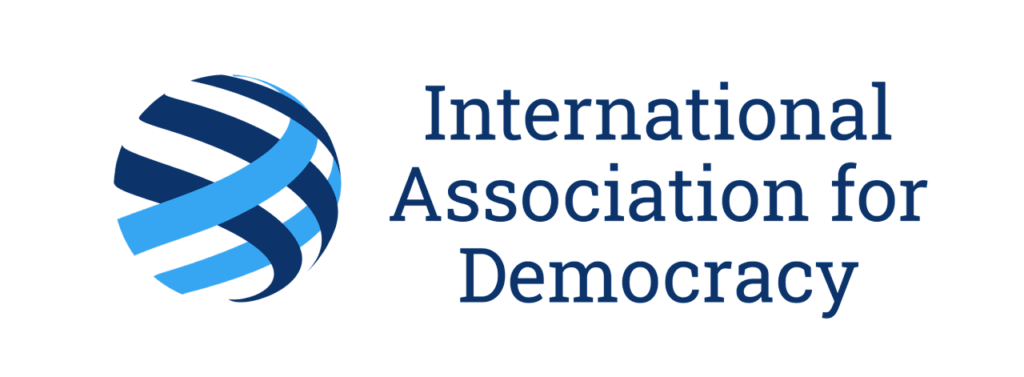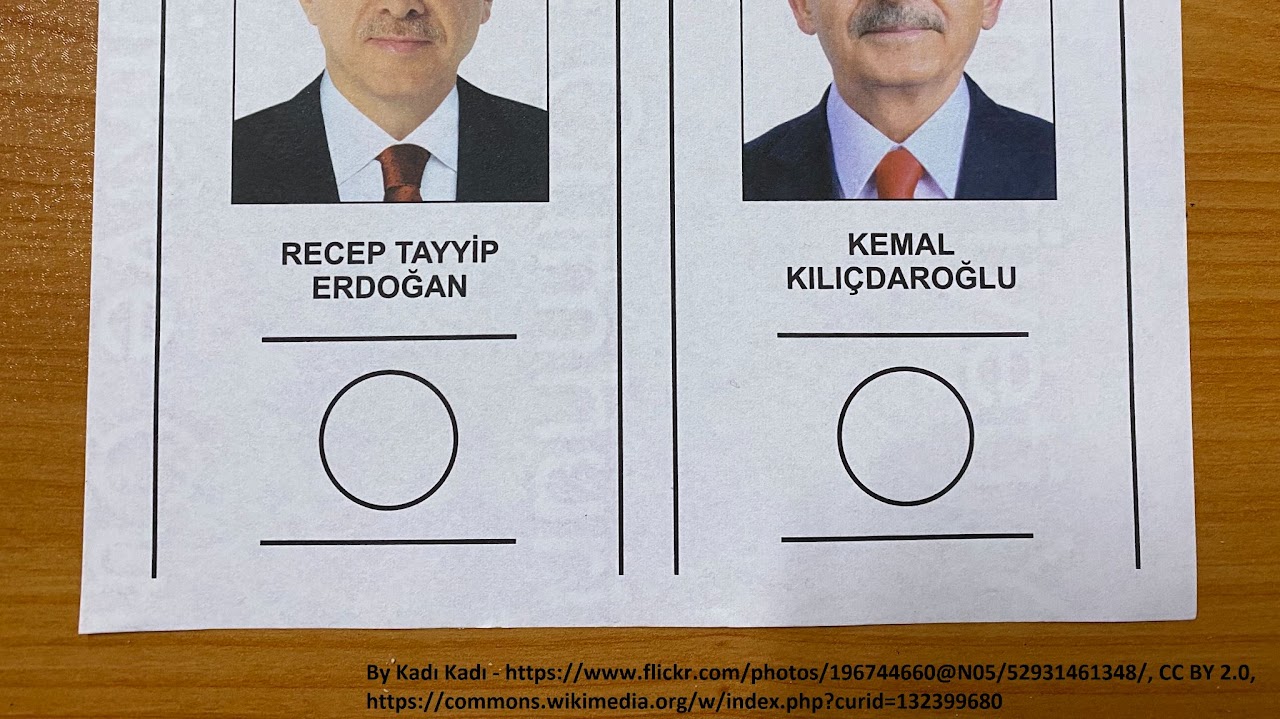It is no exaggeration to view the elections in Turkey as one of the most significant in a generation. The long-term future of the country is at stake. Amid polarising government policies, the abolition of the Istanbul Convention, a severely struggling economy with skyrocketing inflation and strained relations with the international community the outcome of Sunday’s run-off election could not be more significant. And this was before the devastation of the February 2023 earthquakes and the associated reconstruction costs which remain extremely difficult to truly grip.
And so, the massive turn-out witnessed on the 14th May was not a huge surprise- of the fifty-three million people who cast their ballots four million were first timers. This is a huge moment for the country with the major question hanging over us whether we are facing into a new path which promises greater democracy, the enjoyment of more freedoms, further economic development or a continuation of the Erdogan era which is heavily associated with the far right and which has the support of Muslim conservatives. At the very core of this election is a choice between democracy and religious autocracy.
Unsurprisingly then, an undeniable tension has dominated the country during the entire voting process. There are legitimate fears that these elections will not be fair because of the occurrence of irregularities in previous ones; concerns over voter fraud and the miscounting of votes are what most explicitly springs to mind. The strained atmosphere was particularly palpable when I visited one of the most conservative districts of Istanbul to work as an electoral observer during the first round of the elections. Queries over voter ID when I asked some women voters to remove their head scarves were received with aggressive responses by members of the balloting committee.
The symbolism of today’s runoff in which voters will determine who will become the new president and ultimately who will shape Turkey’s second century as a republic cannot be overstated. If Kılıçdaroğlu is elected, a new democratic era which upholds international law could be on the cards. A big part of his election campaign has focused on a desire to restore democratic and lawful governance; helping to return the country back to Atatürk’s politics after 21 years. References to the establishment of an extradition process for those who have been dismissed from public office and the creation of a Corruption Investigation Commission in the National Assembly also feature heavily in his first one hundred days of governance programme.
However, if Erdoğan is re-elected to office it is almost inevitable that Turkey will become even more conservative than before. One only has to examine the past 21 years of his polices as a predictor of what is in store. More worryingly, recent campaign statements from his ultra conservative and nationalist allies on whose support he depends have threatened to remove the national law (Law 6284) on violence against women and children if Erdogan’s AKP government returns. Furthermore, the two Islamist parties, the Yeniden Refah Partisi-New Welfare Party and the Hüdapar-Free Cause Party have insisted that only women should be employed in institutions and organizations that serve women, especially in education and health.” They are also calling for a change in the Constitution in order to get rid of the notion of “Türk” (Turkish) and are advocating that Islamic education is mandatory in every school.
Undoubtedly, democracy and women’s rights are on the ballot in this election. Voters have a major decision to make today; only time will tell whether they will they choose democracy or religious autocracy?
Gozde Ones & Shauna McKeown,
Public Affairs Officers
International Association for Democracy


